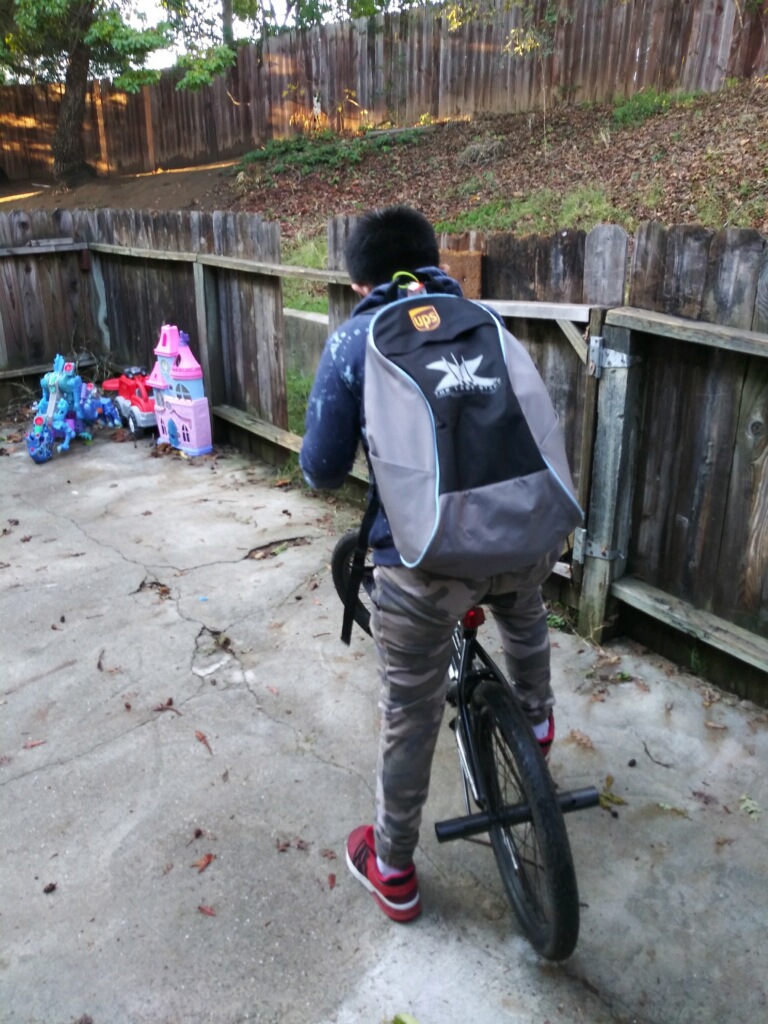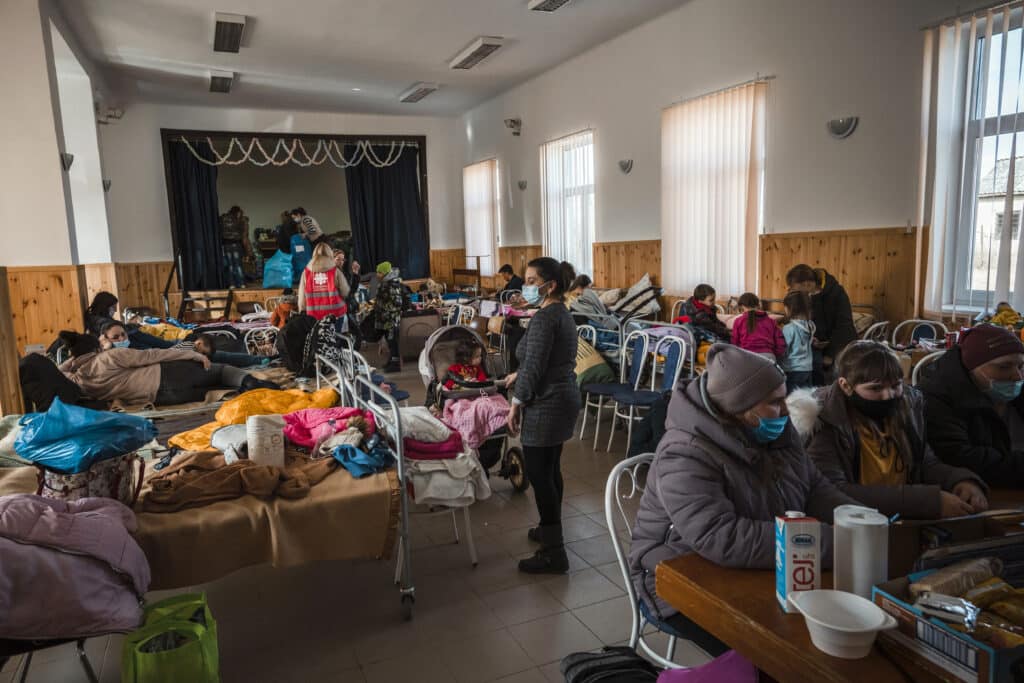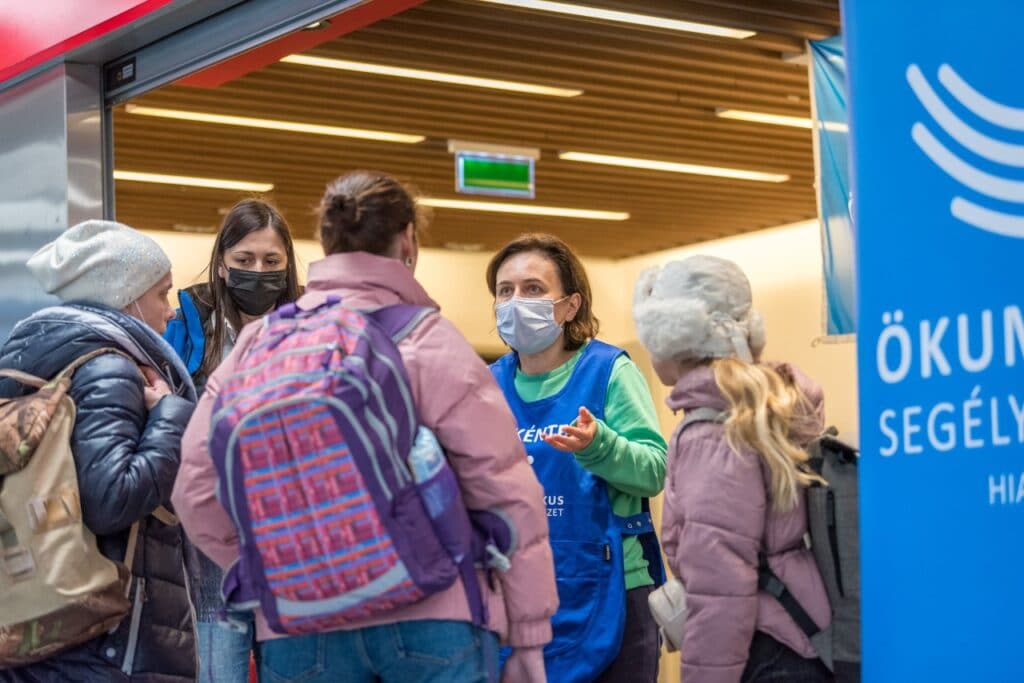Why we welcome by Amanda
The ‘Why We Welcome’ series, launched during Advent 2019, asks the United Church of Christ churches around the country to answer the question: Why do we welcome refugees and asylum seekers? As the U.S. government slashes the number of refugees allowed to enter the country and turns away those desperately seeking asylum at our borders, God’s word made flesh in Christ continues to be lived and spoken boldly through God’s children and their commitment to welcome.
 Today is my birthday, and as I reflect on my blessings over the past year, I can’t help but count my new friendship with a father-son duo my church family and I have fondly come to refer to as ‘The Joses’. This past September, I received an urgent call from a community liaison staff person at an elementary school, asking if I knew of any resources that could help a little boy who had missed nearly a month of classes and who had recently arrived in the community with his father, both asylum seekers. The little boy refused to ride the bus to school or be in the classroom without his father sitting next to him. He almost never spoke, and neither he nor his father understood a word of English. If his father so much as left to use the restroom, the little boy would dissolve into a panic, crying, and would frantically run out of the classroom trying to find his father. The father was beside himself, distraught over how to care for and support his son, dealing with his own trauma from their journey out of Central America and unsure of how to navigate a country he’d never known and couldn’t understand. Was there anything I could do? Alone, maybe. With God and my church family behind me, absolutely.
Today is my birthday, and as I reflect on my blessings over the past year, I can’t help but count my new friendship with a father-son duo my church family and I have fondly come to refer to as ‘The Joses’. This past September, I received an urgent call from a community liaison staff person at an elementary school, asking if I knew of any resources that could help a little boy who had missed nearly a month of classes and who had recently arrived in the community with his father, both asylum seekers. The little boy refused to ride the bus to school or be in the classroom without his father sitting next to him. He almost never spoke, and neither he nor his father understood a word of English. If his father so much as left to use the restroom, the little boy would dissolve into a panic, crying, and would frantically run out of the classroom trying to find his father. The father was beside himself, distraught over how to care for and support his son, dealing with his own trauma from their journey out of Central America and unsure of how to navigate a country he’d never known and couldn’t understand. Was there anything I could do? Alone, maybe. With God and my church family behind me, absolutely.
Related News
Religious advocates applaud as court rules against policy that blocked asylum seekers
A federal court has overruled a policy that the U.S. has used to turn back hundreds of...
Read MoreUkraine, Haiti, Afghanistan Anniversaries
All these anniversaries were marked during the last two weeks of August 2022. the six-month...
Read MoreUCC appeal helps provide safe spaces for Ukraine women and children
Most refugees from the war in Ukraine are women with children whose husbands and fathers were...
Read More



